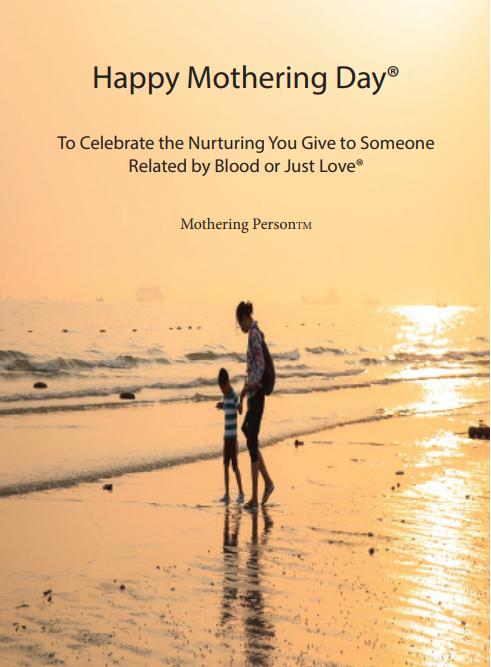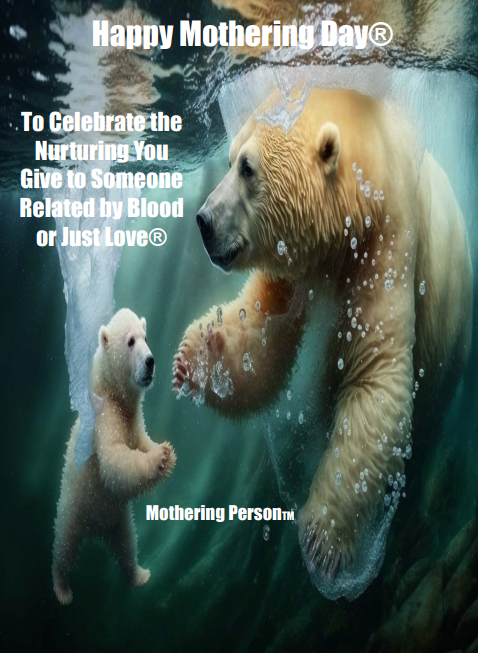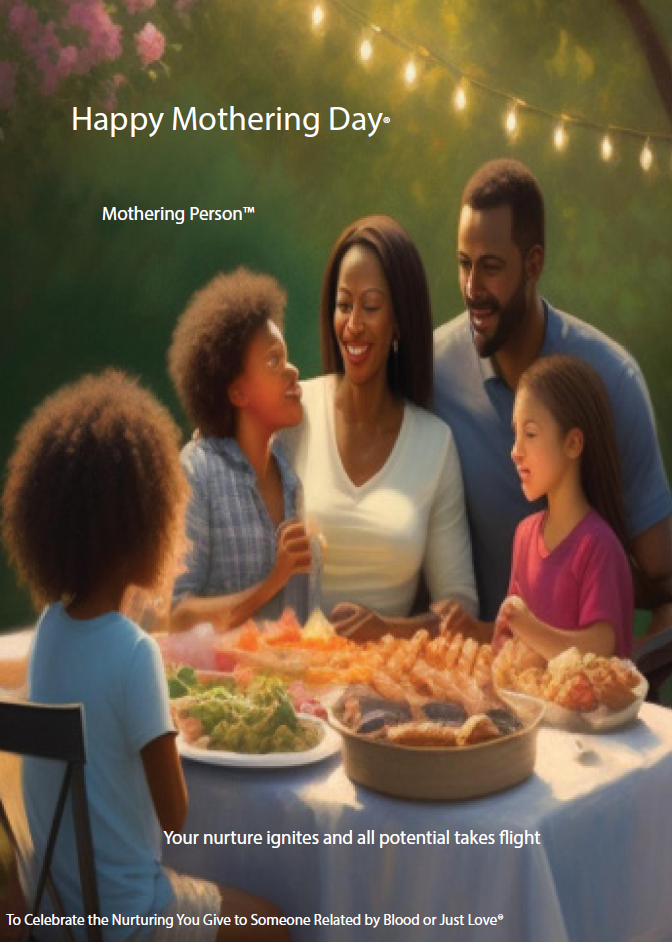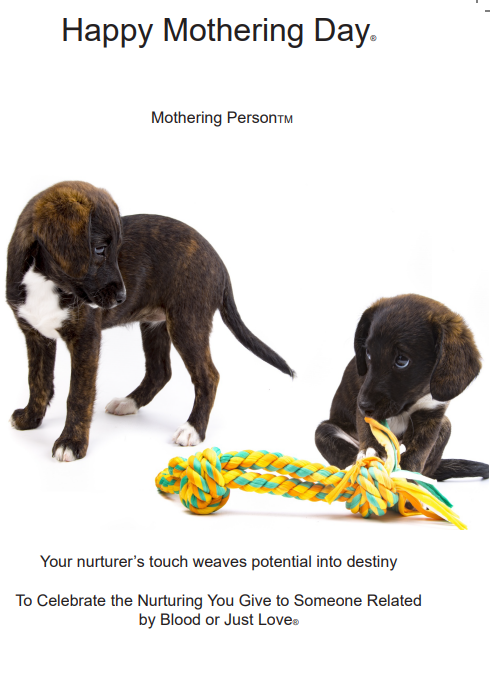This greeting card line improves mental health by encouraging the nurturing of each other whether in a traditional relationship/family or modern, non-traditional relationship/family. The cards provide equal opportunity to all children and adults in all types of families to find the appropriate greeting card as now we shifted the focus away from just traditional names, titles (i.e., mother/mom, father/dad), and status (i.e., like, step, stepped up, or bonus) and focus on our action terminologies of nurturing.
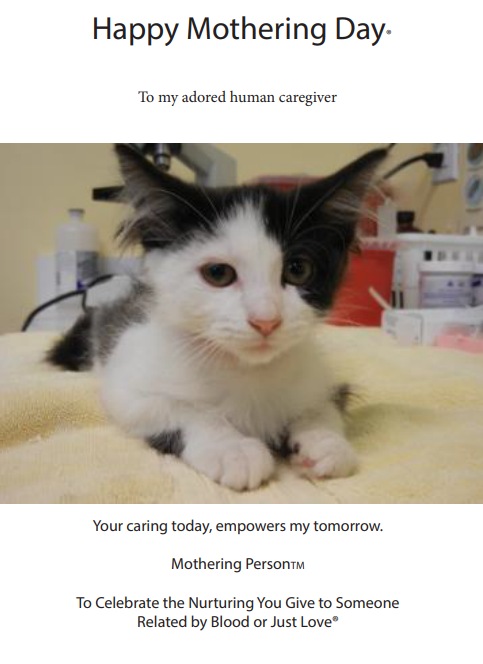
This line of cards is vital in our current society, as now 80% of U.S. families are non-traditional. This mental health project is dedicated to the 3,000 children who lost a mother/father in the 9/11 attacks, to the children of our military who lost one defending our country, to the brave children who opened their hearts and described the pain of their loss and then the discomfort they feel from the process of how to address and how to refer to new adults (or new roles of adults in their lives) into their lives, and to the dedicated PTA adults who gave their time in testing these terminologies in our public schools producing the empirical observations confirming the efficacy this new verbiage in improving mental health through elevating all types of caregivers and mentors by providing to them their own terminology.
To date, there has not been one type of family structure that these “action “ terminologies did not apply to and make better, from extreme left to extreme right, and everyone in between. This included biological parents who want more variety in greeting cards saying that these terminologies focus on their hard work in raising their children, to adults giving cards to other adults enhanced by the complimenting of their nurturing of each other and the children in their lives, as we support, help, and teach each other. Finally, we wish to give our thanks to our heroes for the bravery, empathy, and compassion in the protection of and betterment of the people in society: Princess Diana, Mortimer Patchen (a nose gunner in WWII, credited with shortening the war), and Lawrence Moses (WWII 10th Mountain Division who was awarded the Silver Star posthumously).
Also, more than 4 in 10 (42%) of students feel persistently sad or hopeless, nearly one-third (29%) experienced poor mental health, more than 1 in 5 (22%) students seriously considered attempting suicide, and 1 in 10 (10%) attempted suicide, almost a third of U.S. adults report symptoms of either depression or anxiety, and 1 in 25 adults has a serious mental illness. While close to 80% of U.S. families are non-traditional, these cards have been reported to benefit our traditional families as well. Proceeds from this mental health project will go toward non-profits that seek to improve mental health.
This line of greeting cards was field tested in Stoneman Douglas High school’s associated middle school and met with resounding praise from children and adults in all types of families and interpersonal relationship structures. We thank the school’s principal and PTA for approving this field testing and recognize the students and families in the MSD High School zone.
One biological father said, “best card I ever got for Father’s Day” and put it up on his bedroom wall. "
One grandmother bringing up her grandson said, “best card I ever got for my Birthday."
One mentor in a youth program said, “my mentee by giving me this card showed me that my contribution to this student will last a lifetime."
One father reported that he said to his wife who gave him a card, that he feels so much more appreciated for all he does for the family’s children.
As a result of this successful field testing, this line of cards received recognition in articles of high praise from renowned organizations such as the NEA, FEA, Nova Southeastern University, Stationery Trends Magazine, Gift Shop Magazine, and others as being for the “betterment of children and families.
This trademarked terminology adds an additional layer of gratitude to current, traditional cards and is appropriate for every child and adult and by doing so, strengthens our connectedness which is so important to our mental health.
These cards add additional choices to the traditional cards by focusing on the actions of nurturing (mentoring, caregiving) and not on a name or a title such as "mother, father, mom, or dad", which are sad and painful to many who do not have one or the other in their lives for whatever reason.
Biological parents also love these cards.
Make every holiday and special occasion also:
Happy Mothering Day®
Happy Fathering Day®.
Gratitude is continually expressed, as nurturing is not limited to only one holiday or special occasion during each year.

